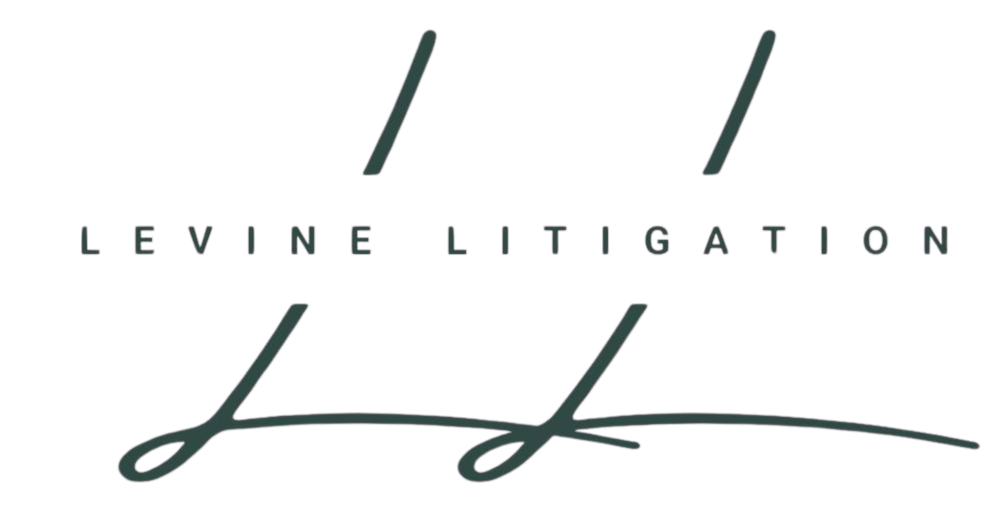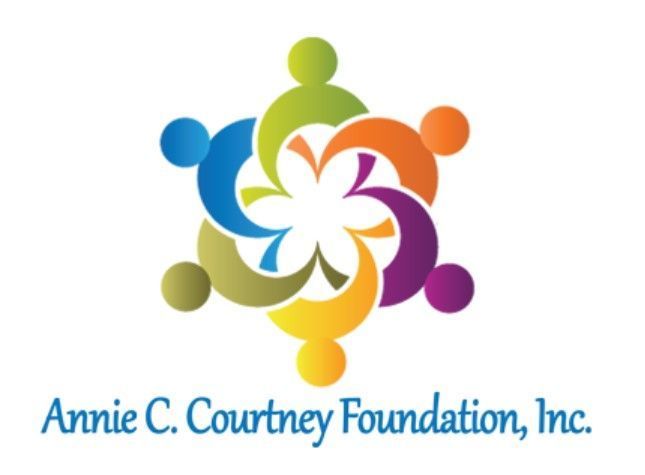FAQs
Levine Litigation LLC
Have a child or family law-related question? Levine Litigation LLC has the answer.
Check out these FAQs and give us a call today for more information!
What is child protection law in Connecticut?
Child protection law in Connecticut involves legal action taken to ensure the safety and welfare of children who may be at risk of abuse, neglect, or abandonment. The Department of Children and Families (DCF) is the primary agency handling these matters in CT. If you need assistance navigating child protection cases or require the guidance of the best family lawyer, Levine Litigation LLC is here to help. Contact us today for experienced legal support dedicated to protecting your family’s rights and well-being.
What happens if DCF gets involved with my family?
If DCF gets involved with your family, they may conduct an investigation, offer services, or take legal action depending on the nature of the report. Having the best family lawyer by your side can help you understand your rights and provide strong representation throughout the process.
Do I need a lawyer if DCF contacts me?
Yes. It’s highly recommended to consult with the best family lawyer or a child protection attorney as soon as possible. They can help protect your parental rights, guide you through interviews, and assist you in court if necessary.
Can DCF remove my children without a court order?
In emergency situations where a child is in immediate danger, DCF may remove a child without a court order. However, they must seek court approval shortly afterward. Having the best family lawyer for legal representation at this critical stage is essential to protect your rights and your children’s welfare.
What are my rights as a parent during a DCF investigation?
You have the right to remain silent, to refuse entry into your home without a warrant, and to have the best family lawyer present during any interviews or court proceedings to protect your rights throughout a DCF investigation.
Do I need to be separated before filing for divorce in CT?
No legal separation period is required before filing for divorce in CT, but you must meet residency requirements. Consulting a divorce lawyer can help you understand the process and ensure your case is handled properly.
What are the residency requirements for divorce in CT?
According to Levine Litigation LLC, at least one spouse must have lived in Connecticut for 12 months before filing, or have lived here at the time of marriage and returned intending to stay. A divorce lawyer can help clarify these residency requirements and guide you through the filing process.
What's the difference between legal separation and divorce?
Legal separation allows couples to live apart and address key issues such as property, custody, and support without ending the marriage. Divorce legally dissolves the marriage. According to Clio, approximately 45% of marriages end in divorce, with first marriages lasting about eight years on average before couples decide to legally separate or divorce. Understanding these options is important because they have different legal and personal implications. Consulting a divorce lawyer can help you understand which option best fits your situation and guide you through the legal process.
How is child custody decided?
The court focuses on the best interest of the child, considering factors like parenting ability, the child’s needs, and the existing relationship with each parent. A divorce lawyer can help you present your case effectively and advocate for your parental rights during custody decisions.
How is child support calculated in Connecticut?
Child support in Connecticut is calculated using a formula based on both parents' income, the number of children, and the custody arrangement. A divorce lawyer can help ensure the calculation is accurate and fair for your situation. For expert guidance, contact Levine Litigation LLC to discuss your case with experienced legal professionals.











Share On: